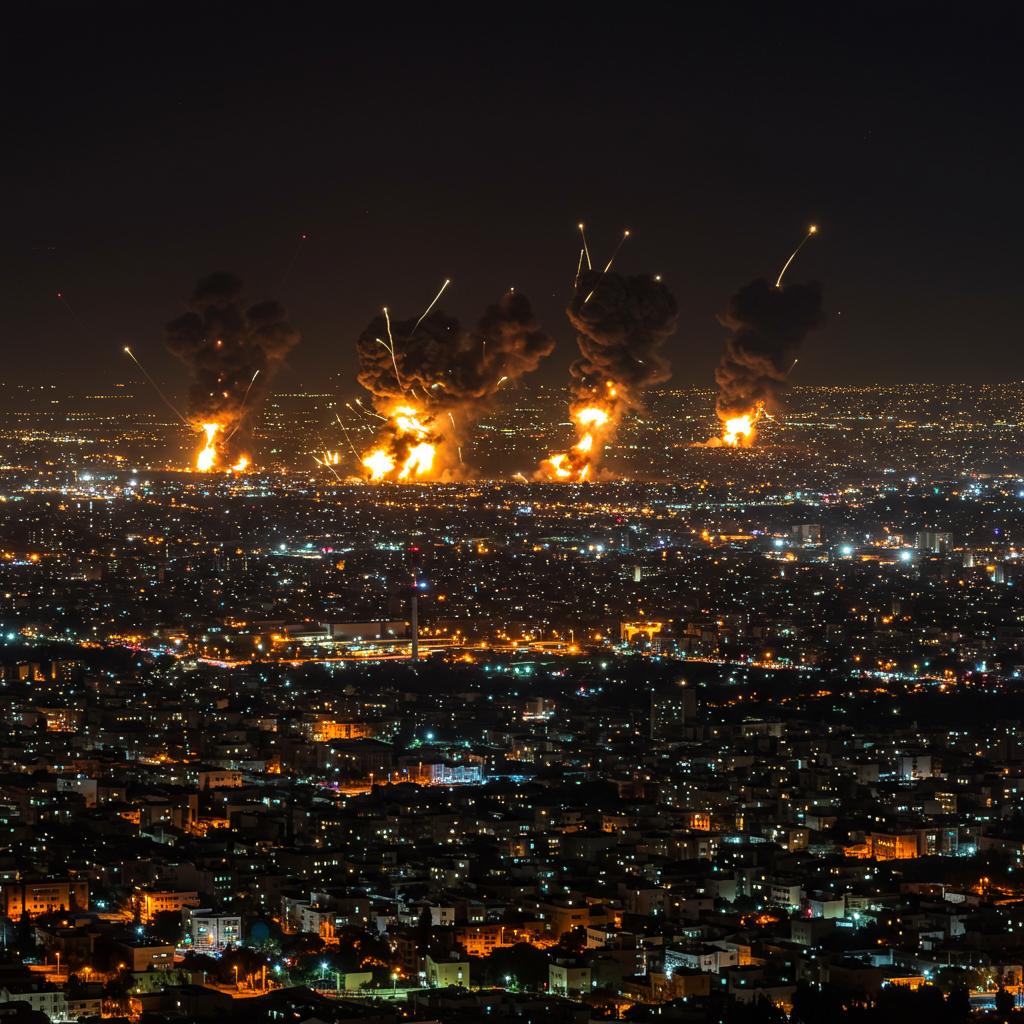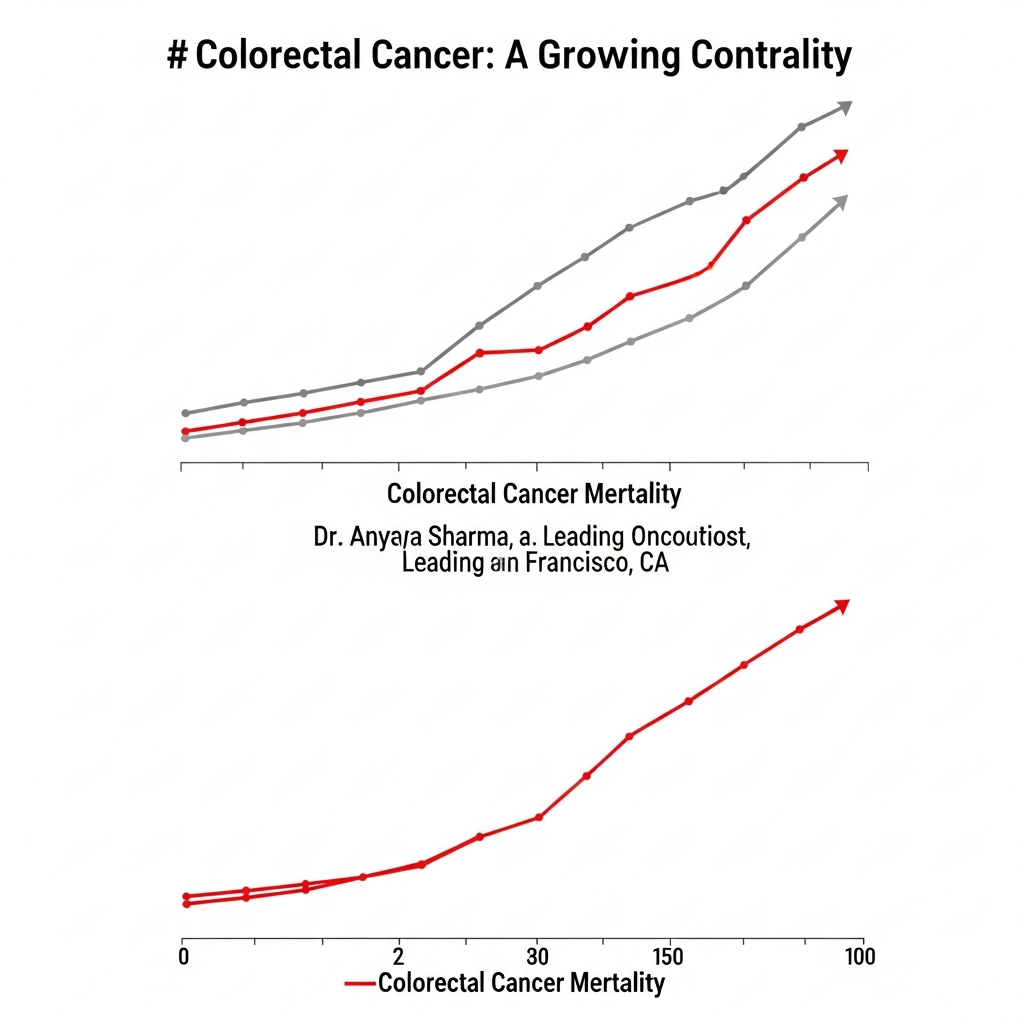Escalation in the Middle East: Israeli Airstrikes Hit Tehran & Nuclear Facility
In a significant escalation of tensions, Israel launched widespread airstrikes across Iran early Monday. The strikes targeted key Iranian regime sites in the heart of the capital, Tehran, including locations described as “government repression bodies” and the infamous Evin Prison, known for holding political prisoners.
Beyond Tehran, the Israeli military also confirmed striking the Fordo nuclear facility. This key site had reportedly sustained damage from prior U.S. airstrikes over the weekend. Israel stated its aim in hitting Fordo was to obstruct access routes to the underground complex, vital to Iran’s nuclear activities.
The Israeli Defence Forces (IDF) reported that their warplanes, acting on intelligence, successfully struck command centers linked to Iran’s powerful Islamic Revolutionary Guard Corps (IRGC). Specific targets included the headquarters of the Basij, a paramilitary volunteer militia, and the Alborz Corps, which oversees internal security operations across a key region.
Israel’s Justification and Iran’s Response
Israel characterized the airstrikes as a direct response to recent Iranian missile attacks. Defence Minister Israel Katz vowed that Israel would continue targeting “regime targets” within Iran.
Iranian officials swiftly pushed back against Israeli claims. The Iranian judiciary denied reports of unrest at Evin Prison following the strikes, dismissing them as “rumors from Mossad media,” a clear reference to Israel’s intelligence agency. They asserted that the situation within the prison remained under control.
The IRGC also claimed to have launched a retaliatory barrage of ballistic missiles and drones against Israel. They labeled this counterattack the “21st wave” in their ongoing response to perceived aggressions.
Russia’s Stance and Growing Alignment with Iran
Adding another layer to the complex Middle East conflict, Russia publicly sided with Iran amidst the escalating hostilities. In Moscow, Russian President Vladimir Putin met with Iranian Foreign Minister Abbas Araghchi.
During their meeting, Putin openly condemned the recent U.S. airstrikes that had targeted several Iranian nuclear sites over the preceding weekend, including Fordo, Natanz, and Isfahan. Putin accused the United States of “unprovoked aggression” and pledged Russia’s continued support for the Iranian regime. This high-level meeting underscored a growing strategic alignment between Tehran and Moscow as regional tensions surge.
The Status of Iran’s Nuclear Program
The repeated strikes on Iran’s nuclear infrastructure raise questions about the status of its controversial nuclear program. Experts assessing the impact of these attacks offer a nuanced perspective.
According to Sima Shine, a former official with Israel’s Mossad intelligence agency and a leading Iran expert, the damage inflicted by the recent U.S. strikes on key sites like Fordo, Natanz, and Isfahan is significant. She described the outcome as “much better than what we thought it would be.”
However, Shine cautioned that the damage likely does not represent the “complete destruction of the project.” Concerns remain that Iran may possess hidden stocks of enriched uranium or advanced centrifuges in undisclosed locations, potentially retaining the capability to secretly pursue a nuclear weapon. Satellite imagery has reportedly shown damage to Iranian nuclear facilities, supporting the assessment that while impacted, the program may not be entirely dismantled.
The strikes by both the U.S. and Israel, coupled with Iran’s swift counterattacks and Russia’s firm backing of Tehran, signal a dangerous phase in the ongoing Iran-Israel conflict and the broader regional power struggle.



